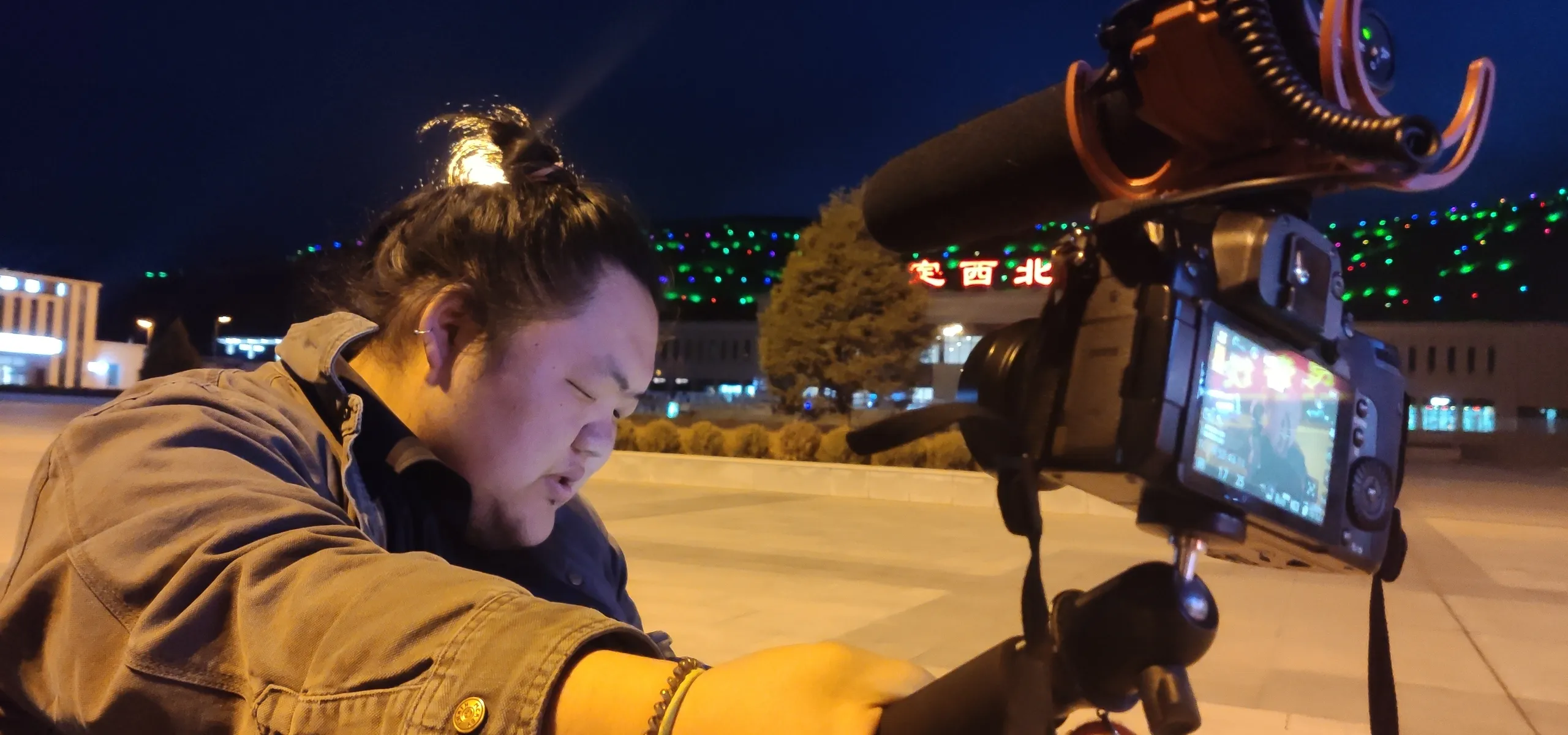Careless practices and low media literacy have put both participants and filmmakers at risk when making documentaries
“Remember not to be scared, film it first, edit it first, and screen it first,” said William Kwok, co-director of coming-of-age documentary To My Nineteen-Year-Old Self, during his acceptance speech for best film at this year’s Hong Kong Film Awards on April 16.
Audiences were livid. Kwok’s and veteran director Mabel Cheung’s film, which followed the lives of six teenage students at Ying Wa Girls’ School for ten years, was already in hot water, having been removed from cinemas in early February for alleged violation of its subjects’ privacy. In an op-ed in Hong Kong news outlet Ming Pao Weekly, Ah Ling, one of the film’s participants, argued that the film was initially meant to be an internal project with limited screening outside the school.
Later, when Ah Ling objected to the filmmakers’ decision to screen to the general public, they allegedly dismissed her concerns and threatened legal action. “My emotions began to shift from anger to fear, then to despair,” she wrote. Despite the controversy, the title went on to also win Best Picture honors at the Hong Kong Film Directors’ Guild Awards.
In China, filmmakers have been reflecting on how to make documentaries more ethically—or ethically at all. Zhang Laodong, film critic and producer who manages and writes for a popular blog called Aotu Doc, considers Kwok and Cheung’s actions “arrogant,” he writes on the blog. “When we enter someone’s private life, that should have been after knocking the door, and based on mutual respect.”
Director Zheng Yifei, whose debut documentary Trashy Boy won the Audience’s Choice Award at last year’s FIRST International Film Festival in Xining, agrees. “As a documentary filmmaker, you must find a way to earn the trust of your subjects,” he tells TWOC. He believes the risk of having to discontinue a project because “a lot of the footage may not be used or that the film cannot be made available to the public” is inherent to the trade. But with a lack of focus on ethical issues in filmmakers’ education, compounded by the public’s lack of media literacy, many practitioners find the matter challenging to navigate.
Consent, Camera, Action: Navigating Documentary Ethics in China is a story from our issue, “Small Town Saga.” To read the entire issue, become a subscriber and receive the full magazine.













